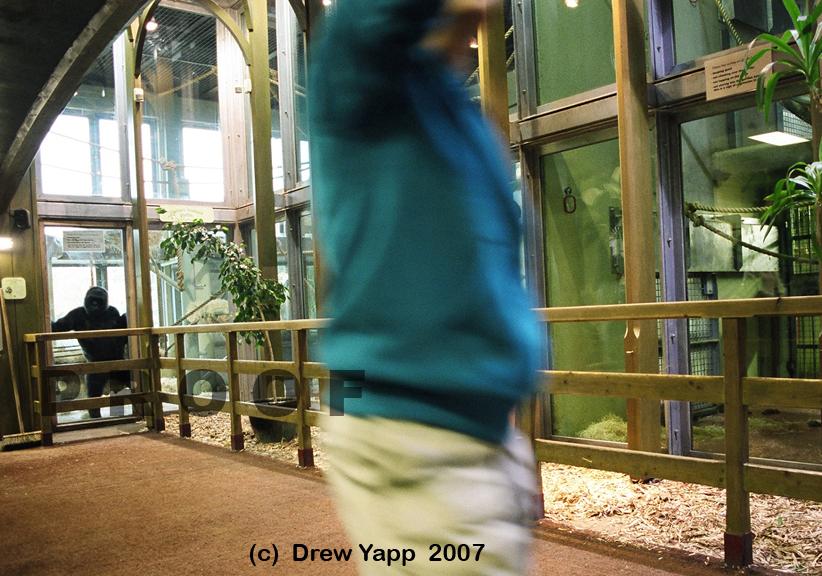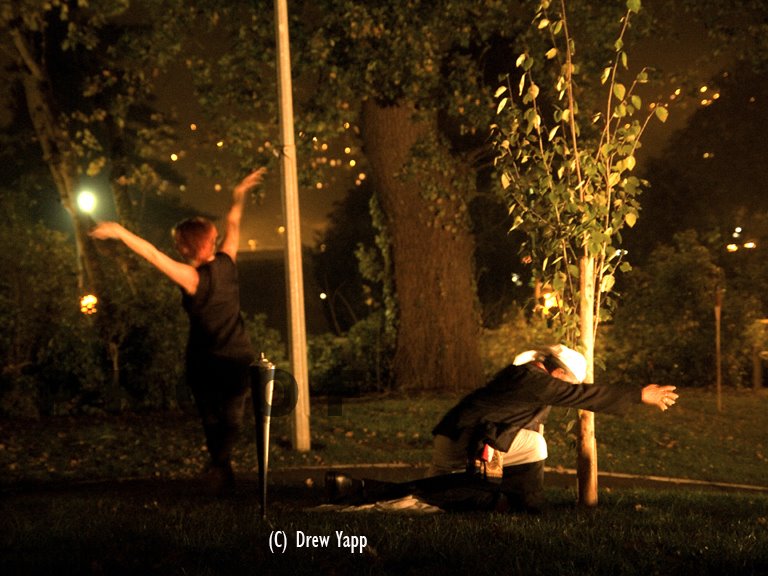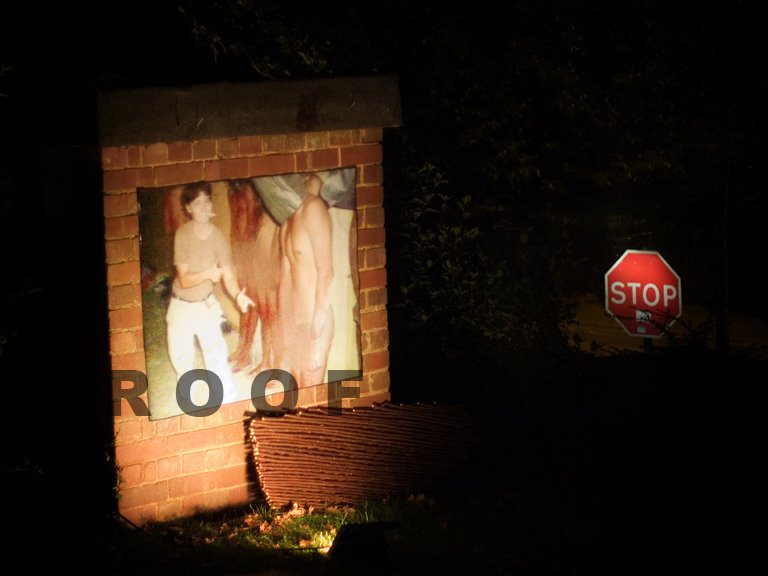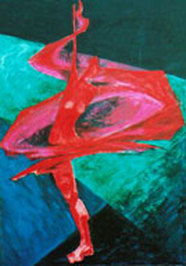PhD Thesis: The Ecological Body ~ extracts
EmergenceEmergence is a process through time, responding to changes in environmental conditions.
I became interested in the correlation between notions of emergence in dynamic systems and the apparent vagaries of the creative process. It seemed to me that it was important to keep the creative process inclusive and open to change for as long as possible (without descending into chaos) in order to allow it to crystallise its own ‘product’, to reveal what needed to be said. This attitude is akin to the wood carver who follows the patterns inherent in a piece of wood and then allows the shape to emerge, rather than imposing an idea from the outset. It was my intention to train the workshop participants to experience themselves bodily as a creative and ‘emerging’ or ‘becoming’ part of ‘the scheme of things’, rather than as isolated individuals: to experience their niche as part of a wider pattern. Creative Process
The movement studies were all about emergence, in terms of my personal process with each dynamic and in terms of how we worked together. In order to allow time and space for emergence, it feels important to pay attention to whatever is arising from a receptive position, to recognize what is already happening, rather than trying to make things happen. Once the relationships between the available resources have revealed themselves, with often an unexpected logic emerging from the dialogue between the different media, then I become active in scoring the material in a way which makes that meaning visible. Emergence of meaning for me came from sensations, or a felt sense such as what felt right, what needed to happen – from the receptive self. Later the meaning was articulated into words by the active self. Emergence and spontaneity In terms of emergence, as I learnt in the Gorilla House, if I had tried to establish more control for the performers by tightening the score or imposing performance spaces, I would have done them a disservice. Their system would have become part of the ‘over-determined’ motif of the zoo, and they would have been fettered in their possible responses to the moment. As it was, the score was intended to give them confidence, inner logic and enough of a map but to allow them to improvise and enter the ‘unknown territory’ whenever they needed to. Out of such spontaneous moments, the unexpected emerged, as in their encounters with the lemurs and the spider monkey. Example of an unexpected emergence of meaning.
In terms of adaptability, Suprapto’s arrival created a new condition of instability at a crucial moment in the process. His responses to humiliation and humility amplified and threw new light on the previously scored material. In Capra’s words: Emergence results in the creation of novelty that is often qualitatively different from the phenomena out of which it emerged. The constant generation of novelty is a key property of all living systems. (Frijtof Capra) By refusing to determine the details of the score, I was performing as part of a living system, and I felt that the ‘novelty’ or ‘performance’ that could emerge from all the humility and humiliation ‘phenomena’ would be qualitatively different, if I could steer us through the potential chaos. I found it exhilarating that the selected theme was culturally accessible to both of us and that we could speak about it freely and from our own references.. I became aware that the cultural resonances of the Abu Graib poster multiplied profusely in meaning for me, and probably for the audience, when we performed together. At its most basic, the poster was of a white woman and brown men. I had not foreseen this and it was not intendedIt only became apparent to me when we were both there and I was face to face with the poster. I was uncomfortable with some imagined possible readings, but I decided to stay with it and accept that it was a tangible example of the multiple cultural readings that had emerged. Such occurrences happen constantly in daily life and it seemed contrived to attempt any kind of editing.
|
Thesis pages
|




